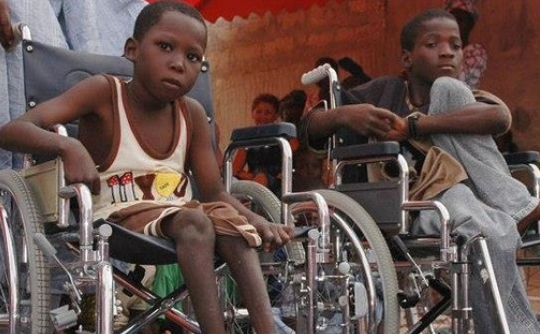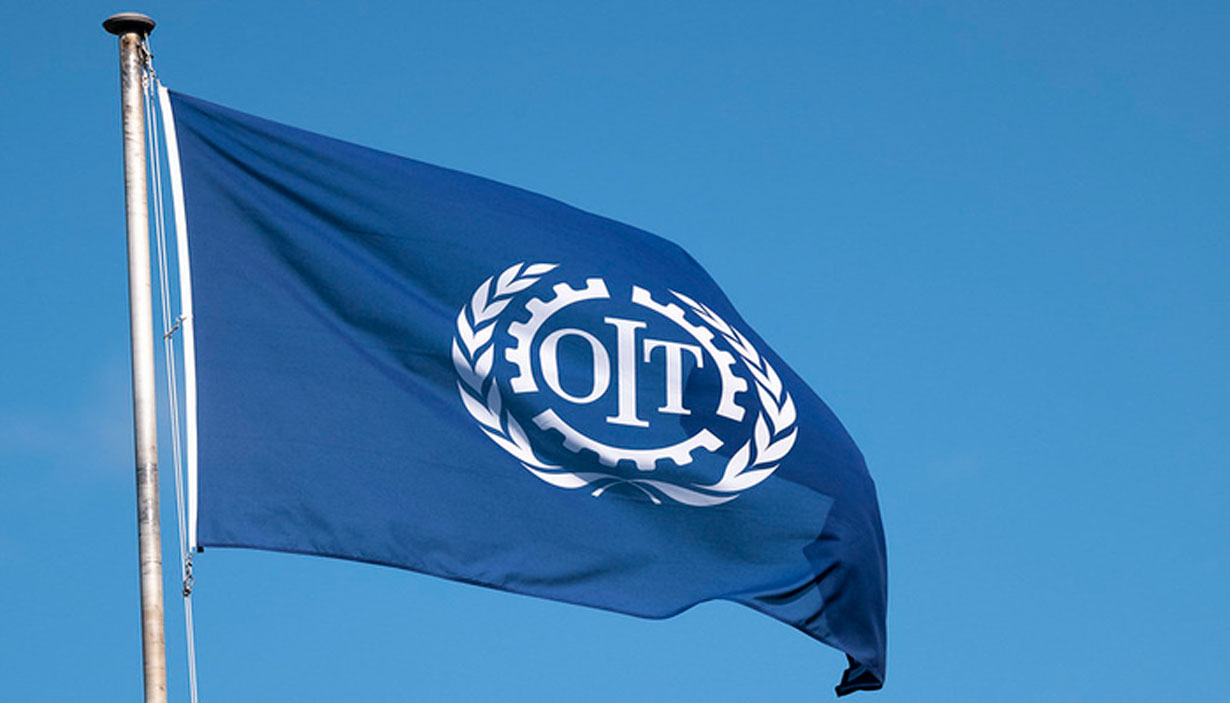
MAINSTREAMING gender in development has several benefits such as building resilience and sustainability in projects and programmes. Several studies have proven that development projects with strong gender component tend to have greater impact on the livelihoods of people.
For instance, analysis from the World Bank, have shown that, in many contexts, more equitable access to education by women and girls can give very positive returns in improved family health, greater productivity and reduced family size. Furthermore, greater health for women impacts positively on the health of other family members, especially children. Experience in the area of agriculture has indicated that the failure of many agricultural programmes in developing countries could be directly related to the neglect of women’s productive roles, particularly in relation to food crop production.
Even in developed societies such as the United States, a recent report, ”Women, Work and the Economy,” published by the International Monetary Fund, argues that the economic benefits of gender equality are particularly high in rapidly aging societies, where boosting women’s labour force participation could help offset the impact of a shrinking workforce.
Despite the benefits of gender mainstreaming, the significance of gender to development is still not well understood among several actors including development practitioners. Within CGIAR, there are renewed efforts towards raising awareness on the importance of gender. IITA, for instance has had a series of gender awareness programmes in recent times. But negative perceptions and often times cultural bias coupled with poor communication have been a major hindrance to the advancement/acceptance of gender mainstreaming by stakeholders.
It is in this context that the IITA Cassava Weed Management Project organized a two-day workshop for its staff and implementing partners at the National Root Crops Research Institute (NRCRI) Umudike, in October 2015.
Listening to Janice Olawoye, a professor at the department of Agricultural Extension and Rural Development, University of Ibadan, opponents and strong critics of the gender movement shifted positions and embraced gender as a concept to be mainstreamed in every sphere of life. Prof Olawoye took time explaining the theoretical concepts and the misconceptions that have undermined the advancement of gender. Prof Olawoye corrected some of these wrong notions about gender and offered the following food for thought or better still thought for food.
• Gender is about females. In reality, gender is not only about females, but considers the roles, responsibilities, constraints, opportunities, restrictions and privileges of both males and females. Prof Olawoye repeatedly stressed this point throughout the training as well as in the reading materials she offered to participants;
• Gender is about disempowering men. The fact is: Gender empowerment is not about disempowering men, but ensuring that everyone is more productive, healthier, able to earn more and be more fulfilled so that the household attains a better standard of living. Prof Olawoye argued that gender should be viewed from a rational perspective, not on the basis of sentiment;
•The erudite professor noted that women have always contributed significantly to household livelihoods and community economies, stressing that, “our understanding of the role played by women has improved over the past 4 to 5 decades but cautioned that we must not continue to perpetuate the old stereotypes of women just being housewives”
•On gender mainstreaming, Prof Olawoye said it was important to determine how gender equality/equity could be effectively integrated into the Cassava Weed Management Project as well as other development activities. According to her, much of what we have considered to be gender analysis hitherto is simply describing the sample or target population in terms of their distribution by sex. “Gender analysis requires that roles and relationships of males and females be understood and data disaggregated. Lack of gender-sensitivity in data collection and analysis will result in inappropriate interventions,” she added.
She explained that, “there are variations within and between gender groups as not all females are poor or exploited and not all men are gender insensitive. Over generalization to all males or all females will lead to some men and women becoming even more vulnerable.”
She advised that the Project should not only address immediate needs (practical gender needs), but also address the gender-related conditions or constraints (strategic gender needs) that may limit a person’s ability to improve his or her productivity or welfare.
• Atser is a Communication & Knowledge Exchange Expert with IITA






